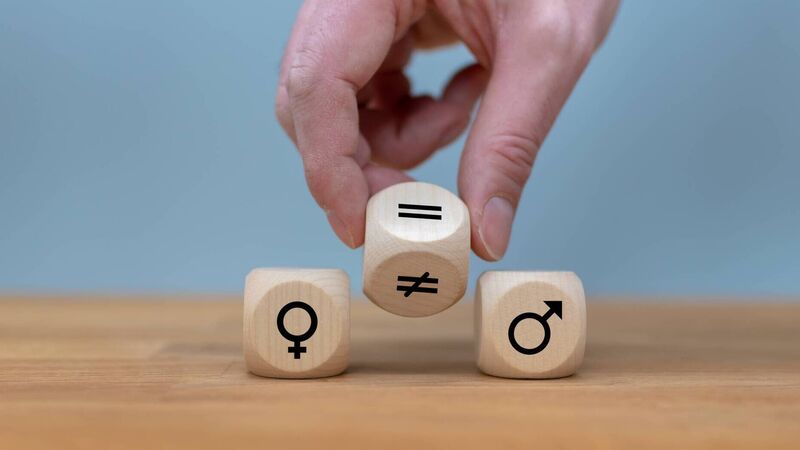Richard Hogan: 'The last thing I want my daughters to do is to view themselves as victims'

"We are here, now. And we can change and we can succeed."
There is no bigger thief of your happiness and ability to thrive in this world than viewing yourself as a victim. Sometimes the family we came up in was tyrannical and we were treated very unfairly in that dysfunctional system. Sometimes, we may have experienced extreme trauma.
So, what is the cure to that? You can’t change that. It happened. But you can change how you think about yourself in relation to what happened to you. One of the most important statements Carl Jung offered the world is, "You are not what happened to you but who you choose to become".






